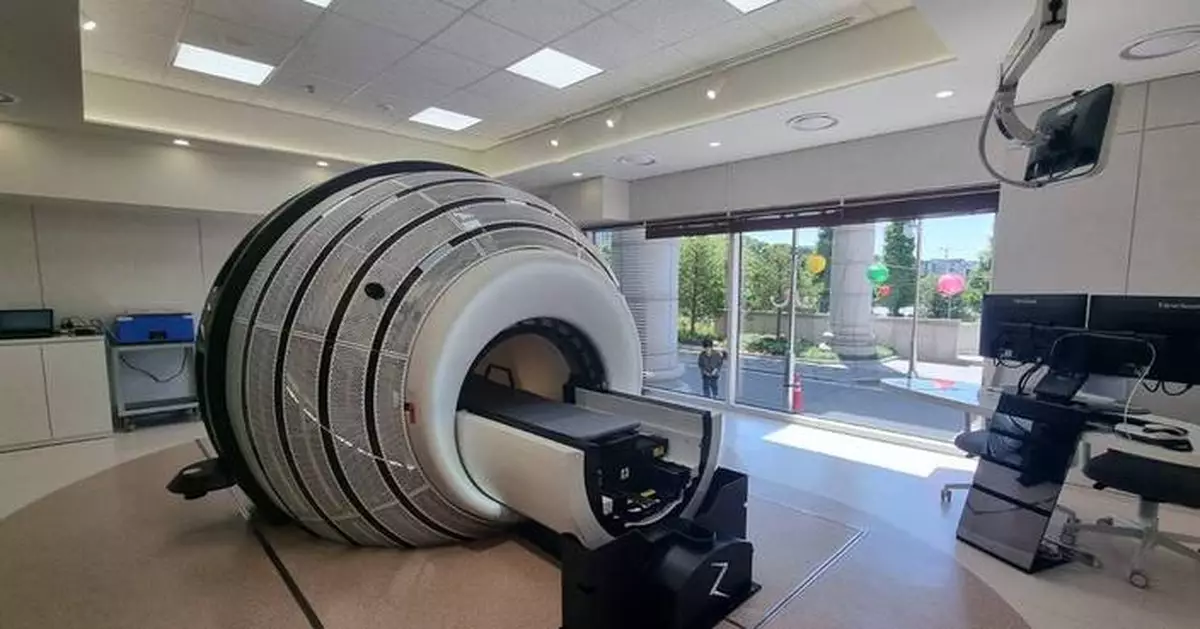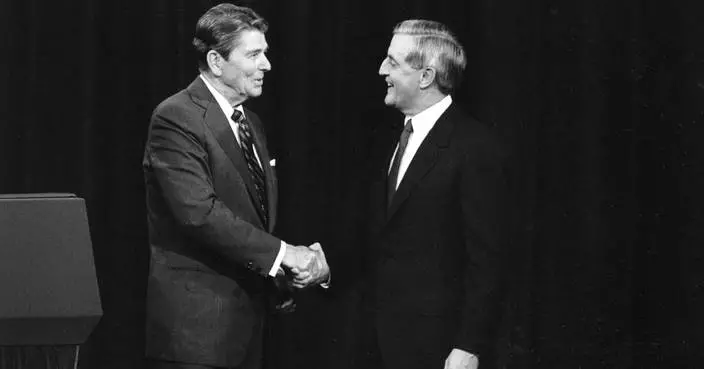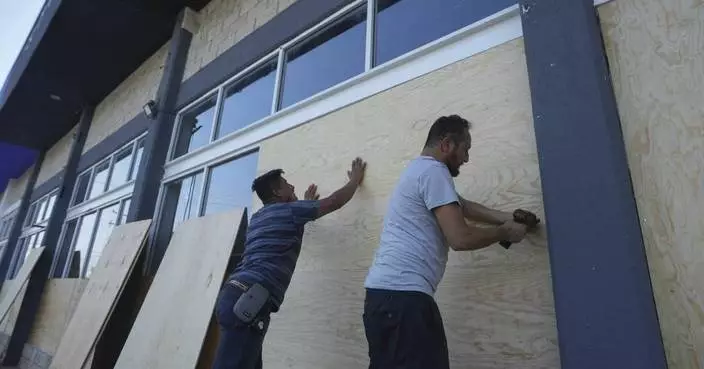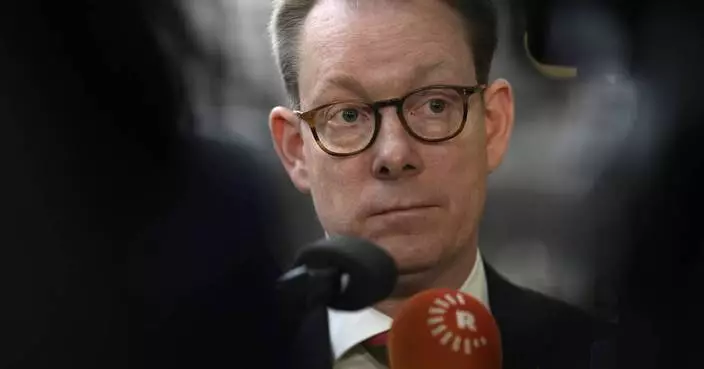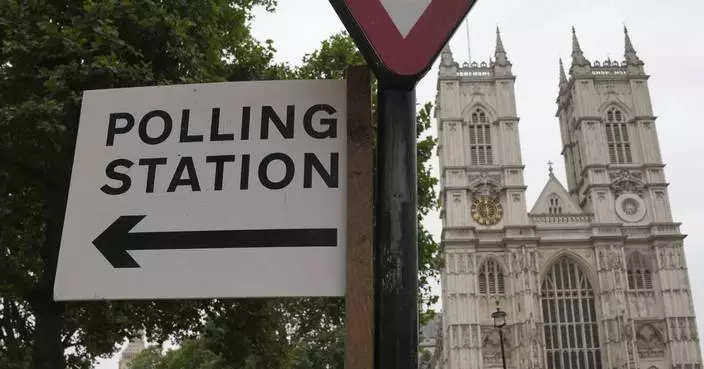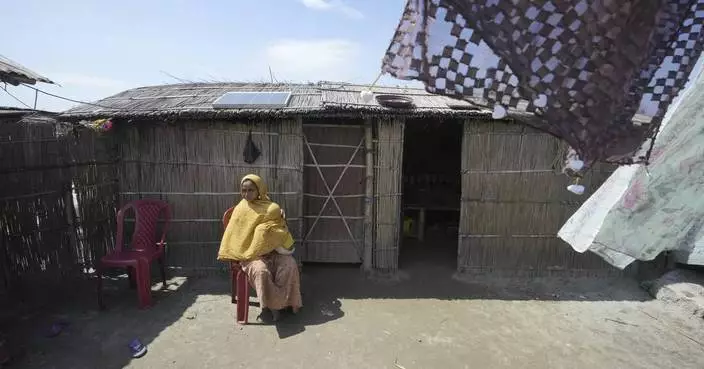GOYANG-SI, South Korea--(BUSINESS WIRE)--Jul 2, 2024--
ZAP Surgical Systems, Inc., a global leader in surgical robotics, proudly announces the completion of first patient treatments at Dongguk University Ilsan Hospital using the ZAP-X® Gyroscopic Radiosurgery® platform. This marks the second installation of the ZAP-X system in Korea, signifying a substantial advancement in providing cutting-edge medical care to patients in the Asia-Pacific region.
This press release features multimedia. View the full release here: https://www.businesswire.com/news/home/20240702753667/en/
Stereotactic radiosurgery (SRS) provides a non-invasive and painless treatment option for treating many primary and metastatic brain tumors, as well as other conditions of the head and neck. With outcomes equivalent or superior to traditional open surgeries, SRS typically involves only one to five brief outpatient visits, allowing patients to often resume normal activities on the same day.
Historically, the hospital’s radiosurgery patients were treated in the Radiation Oncology department using multi-purpose radiation delivery systems typically employed for breast, lung, and prostate cancers. However, with the addition of the ZAP-X platform, the Neurosurgery department at Dongguk University Ilsan Hospital will now independently lead cranial SRS treatments. The ZAP-X system is exclusively optimized for cranial, head, and neck applications, helping to ensure the highest precision and minimize potential radiation exposure to healthy critical anatomy.
Located 60 minutes from Seoul's Incheon International Airport, Dongguk University Ilsan Hospital is a renowned medical institution founded by Dongguk University. With 33 departments, 47 specialized clinics, and 11 specialized centers, the hospital is committed to delivering exceptional patient care through the latest innovations and advanced technology.
The ZAP-X system's ground-breaking design utilizes gyroscopic mobility to precisely focus high-dose radiation on targeted tumors from thousands of potential angles, maximizing the preservation of healthy brain tissue and patient cognitive function. Further, its vault-free and cobalt-free features eliminate the requirement for expensive shielded radiation treatment rooms and the management of radioactive isotopes.
Dr. Seung-yeob Yang, Professor of Neurosurgery at Dongguk University Ilsan Hospital expressed his enthusiasm, stating, "The ZAP-X system represents a meaningful advancement in our ability to treat primary and metastatic brain tumors, as well as functional disorders such as trigeminal neuralgia. Its precision and non-invasive nature allow us to provide our patients with the best possible care while minimizing side effects and patient downtime."
“Together with superior technical capabilities, the ZAP-X platform offered significant advantages over traditional radiation delivery systems. Also, ZAP-X eliminated the need to construct a shielded radiation bunker and allowed for easy installation in our existing outpatient Neurosurgery department,” added Dr. Yang.
About ZAP Surgical Systems, Inc.
ZAP Surgical Systems, Inc. designs and manufactures the ZAP-X® Gyroscopic Radiosurgery® platform. ZAP was founded in 2014 by Dr. John R. Adler. In addition to being CEO of ZAP, Dr. Adler is Emeritus Dorothy & TK Chan Professor of Neurosurgery and Radiation Oncology at Stanford University. Dr. Adler is also renowned as the inventor of the CyberKnife ® system and founder of Accuray, Inc. The ZAP-X platform incorporates a unique vault-free design that typically eliminates the need for costly shielded treatment rooms. ZAP-X also utilizes a modern linear accelerator to eliminate legacy use of Cobalt-60. Learn more at ZAP Surgical and follow us on LinkedIn.
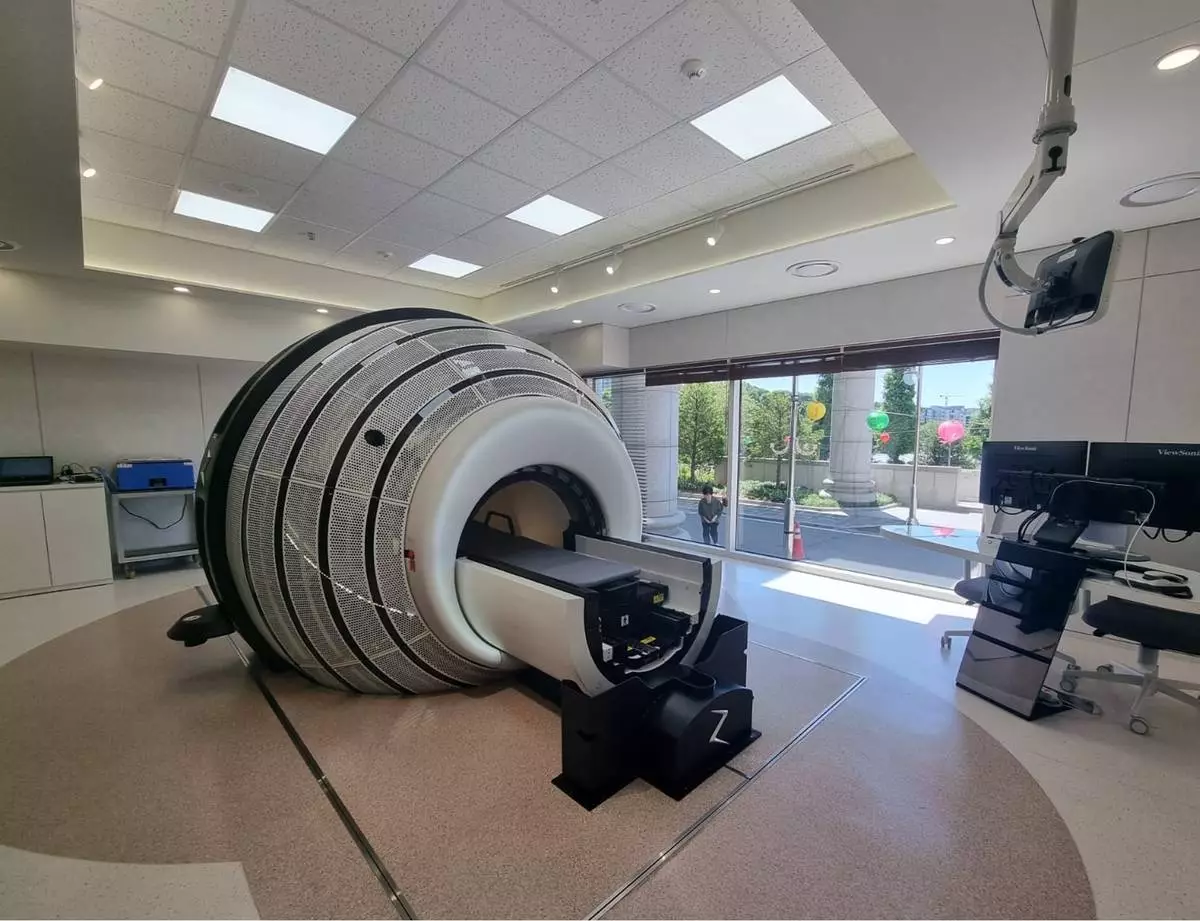
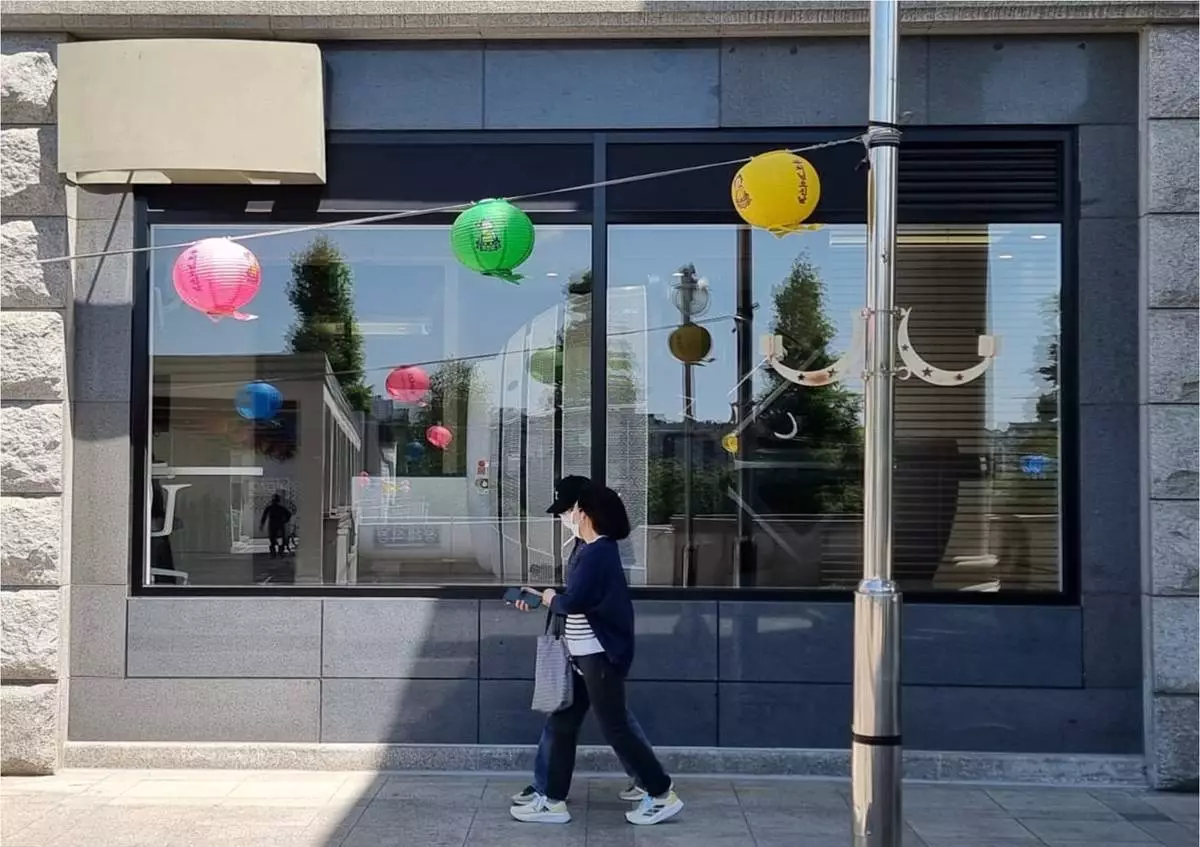
The Vault-Free, Cobalt-Free ZAP-X® Gyroscopic Radiosurgery® Platform at Dongguk University Ilsan Hospital (exterior view). (Photo: Business Wire)

The Vault-Free, Cobalt-Free ZAP-X® Gyroscopic Radiosurgery® Platform at Dongguk University Ilsan Hospital (interior view). (Photo: Business Wire)
CARACAS, Venezuela (AP) — For the first time in decades, Venezuela's self-described socialist government is facing a serious electoral challenge in a presidential election.
President Nicolás Maduro, now in his 11th year in office, is being challenged by former diplomat Edmundo González Urrutia at the head of a resurgent opposition, as well as a field of eight other candidates. The official campaign period for the July 28 election kicked off Thursday.
Maduro, who's presided over an economic collapse that's seen millions of people emigrate, has fended off previous challenges by barring rivals from elections — including opposition powerhouse Maria Corina Machado — and painting them as out-of-touch elitists in league with foreign powers.
This time, he promised to let the Unitary Platform party participate in elections in a deal that brought some relief from crippling U.S. sanctions. That relief, however, was short-lived as the U.S. reimposed sanctions amid mounting government actions against the opposition.
Here's what to know about Venezuela's upcoming presidential election.
The most talked-about name in the race isn't on the ballot: Maria Corina Machado, a former lawmaker, emerged as an opposition star in 2023, filling the void left when a previous generation of opposition leaders went into exile. Her principled attacks on government corruption and mismanagement rallied millions of Venezuelans to vote for her in the opposition’s October primary.
But Maduro's government declared the primary was against the law and opened criminal investigations against some of its organizers. Since then, it has issued warrants for a number of Machado's supporters and arrested some members of her staff, and the country's top court affirmed a decision to keep her off the ballot.
Yet, she kept on campaigning, holding rallies across the country and turning the ban on her candidacy into a symbol of the loss of rights and humiliations that many voters have felt for over a decade.
She's thrown her support behind Edmundo González Urrutia, a former ambassador who's never held public office, helping a fractious opposition unify behind him.
They are campaigning together promising an economy that will lure back the millions of Venezuelans who have migrated since Maduro became president in 2013. At rallies, supporters with tears in their eyes have held signs pleading for the return of loved ones.
González began his diplomatic career as an aide to Venezuela’s ambassador in the U.S. in the late 1970s. He had postings in Belgium and El Salvador and served as Caracas’ ambassador to Algeria. His last post was as ambassador to Argentina during the first years of Hugo Chávez’s presidency, which began in 1999.
More recently, González worked as an international relations consultant and wrote a historical work on Venezuela during World War II.
President Nicolás Maduro’s popularity has dwindled due to an economic crisis that resulted from a drop in oil prices, corruption and government mismanagement.
Maduro can still bank on a cadre of die-hard believers, known as Chavistas, including millions of public employees and others whose businesses or employment depend on the state. But the ability of his United Socialist Party of Venezuela to use access to social programs to get people to the polls has diminished as the country's economy has frayed.
He's the heir to Hugo Chávez, a popular socialist who expanded Venezuela's welfare state while locking horns with the United States.
Sick with cancer, Chávez handpicked Maduro to act as interim president upon his death. He took on the role in March 2013, and the following month, he narrowly won the presidential election triggered by his mentor’s death.
Maduro was re-elected in 2018 in a contest that is widely considered a sham. His government banned Venezuela’s most popular opposition parties and politicians from participating, and in turn, the opposition urged voters to boycott the election.
That authoritarian tilt was part of the rationale the U.S. used to impose economic sanctions that crippled the country’s crucial oil industry.
More than 21 million Venezuelans are registered to vote, but the exodus of over 7.7 million people due to the prolonged crisis — including about 4 million voters — is expected to reduce the number of potential voters to about 17 million.
Voting is not mandatory and is done on electronic machines.
Venezuelan law allows people to vote abroad, but only about 69,000 met the criteria to cast ballots at embassies or consulates during this election. Costly and time-consuming government prerequisites to register, lack of information and a mandatory proof of legal residency in a host country kept many migrants from registering to vote.
Venezuelans in the U.S. face an insurmountable obstacle: Consulates, where citizens abroad would typically cast their ballots, are closed because Caracas and Washington severed diplomatic relations after Maduro’s 2018 re-election.
A more free and fair presidential election seemed like a possibility last year, when Maduro’s government agreed to work with the U.S.-backed Unitary Platform party to improve electoral conditions in October 2023. An accord on election conditions earned Maduro’s government broad relief from U.S. economic sanctions on its state-run oil, gas and mining sectors.
But hopes for a more level playing field began fading days later, when authorities said the opposition’s primary was against the law and later began issuing warrants and arresting human rights defenders, journalists and opposition members.
A U.N.-backed panel investigating human rights violations in Venezuela has reported that the government has increased repression of critics and opponents ahead of the election, subjecting targets to detention, surveillance, threats, defamatory campaigns and arbitrary criminal proceedings.
The government has also used its control of media outlets, the country’s fuel supply, electric network and other infrastructure to limit the reach of the Machado-González campaign.
The mounting actions taken against the opposition prompted the Biden administration earlier this year to end the sanctions relief it granted in October.
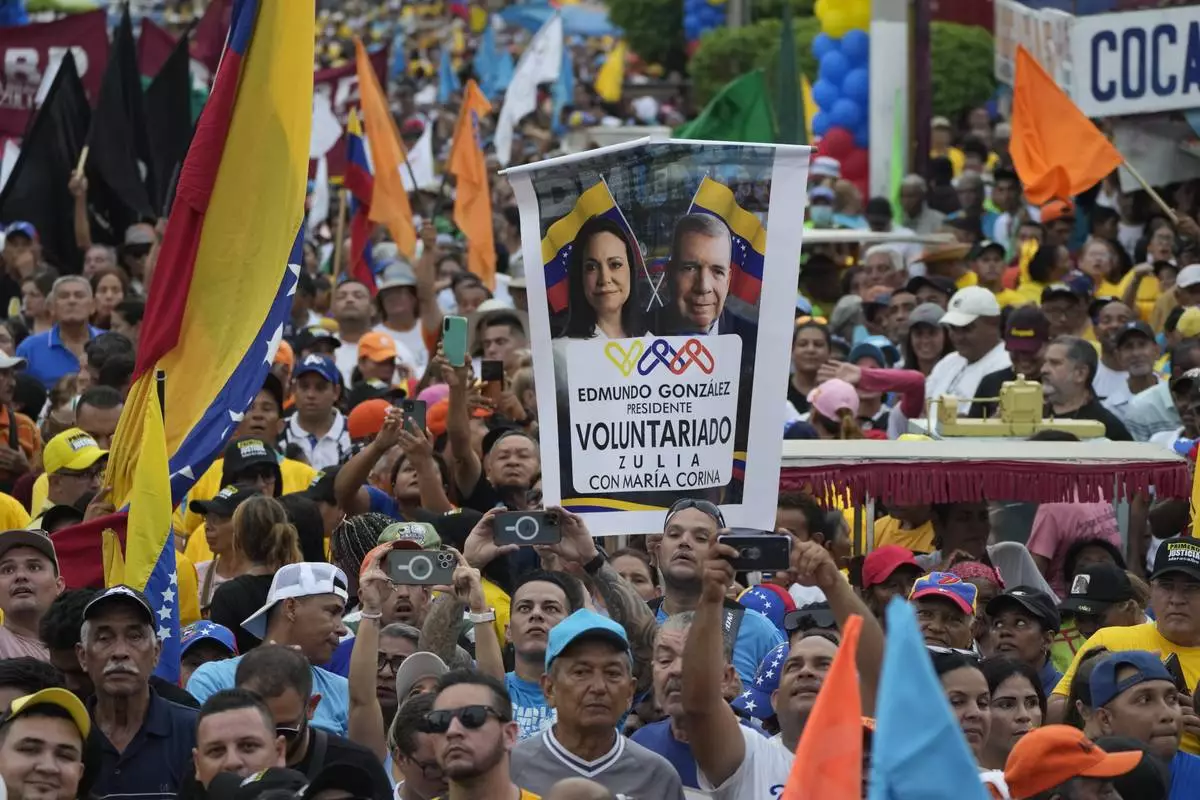
FILE - A supporter holds up a banner with images of opposition leader Maria Corina Machado and presidential candidate Edmundo Gonzalez, during a campaign rally in Maracaibo, Venezuela Thursday, May 2, 2024. No decision in Venezuela over the past 25 years has been as consequential as the choice voters will make on July 28. (AP Photo/Ariana Cubillos, File)
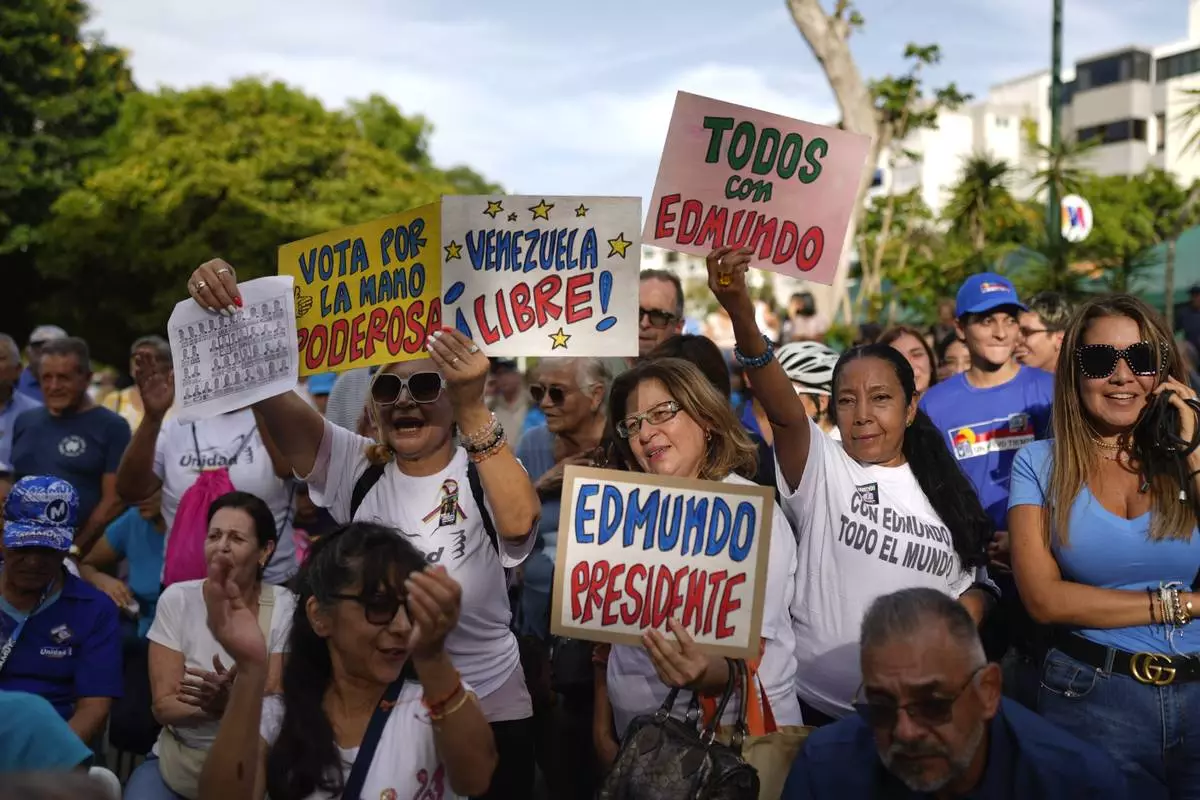
FILE - Supporters of Venezuelan opposition presidential candidate Edmundo Gonzlez hold signs of support at a meeting with him in Caracas, Venezuela, Thursday, June 13, 2024. No decision in Venezuela over the past 25 years has been as consequential as the choice voters will make on July 28. (AP Photo/Ariana Cubillos, File)
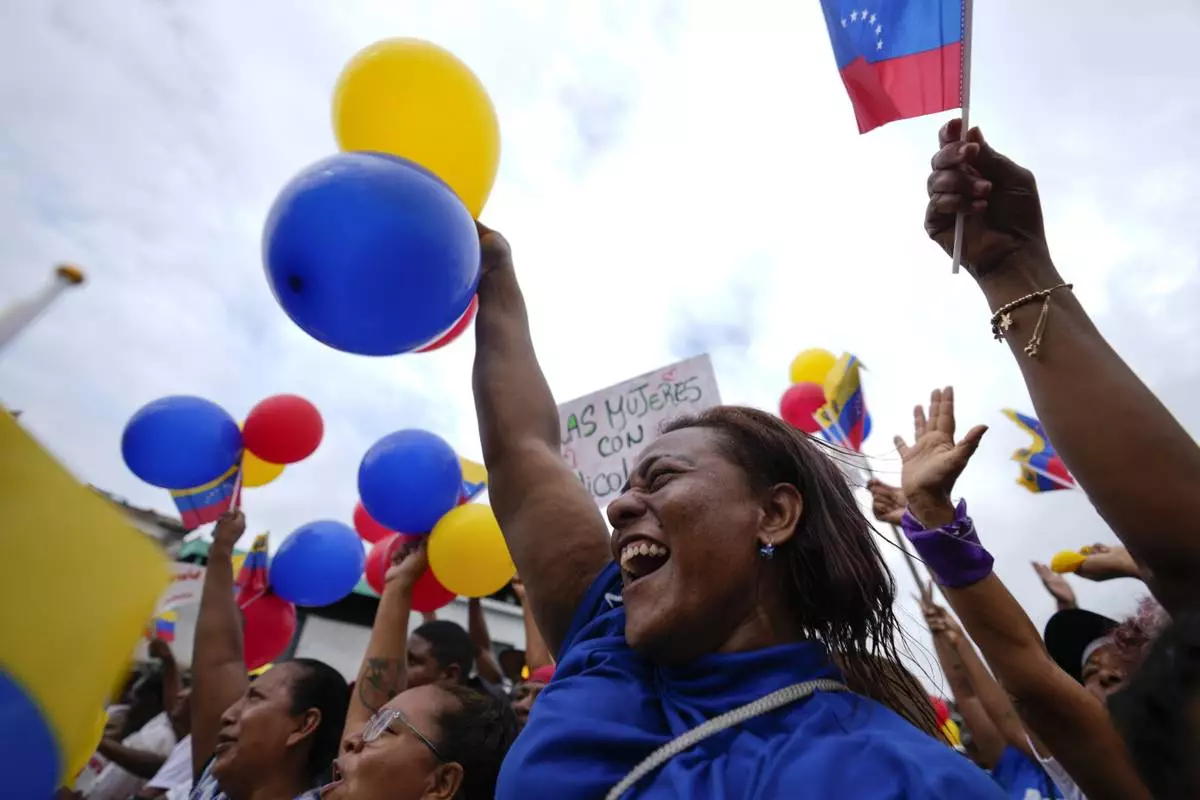
FILE - Supporters cheer during a campaign rally for President Nicolas Maduro, who is seeking a third term, in Guatire, Venezuela, Friday, May 31, 2024. No decision in Venezuela over the past 25 years has been as consequential as the choice voters will make on July 28. (AP Photo/Ariana Cubillos, File)
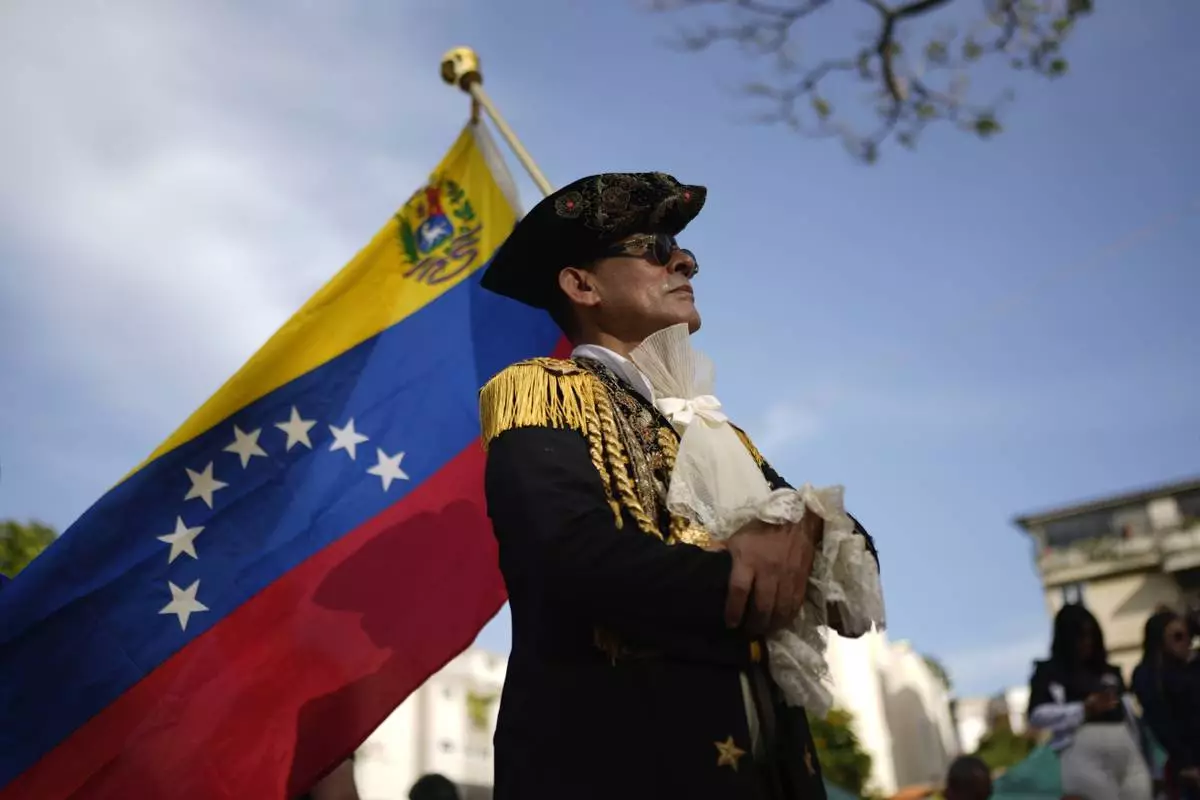
FILE - A man dressed as an independence fighter attends a political event with Venezuelan opposition presidential candidate Edmundo Gonzalez in Caracas, Venezuela, Thursday, June 13, 2024. No decision in Venezuela over the past 25 years has been as consequential as the choice voters will make on July 28. (AP Photo/Ariana Cubillos, File)





